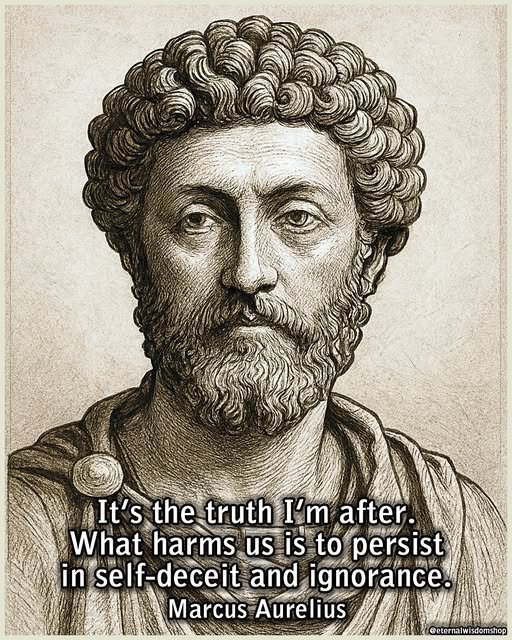Why Am I So Clever? is a chapter from Friedrich Nietzsche’s work Ecce Homo, in which he reflects on his own life and philosophy. Here are 10 lessons derived from Nietzsche’s reflections in Why Am I So Clever and his broader philosophical ideas:
1. Self-Awareness is Empowering: Nietzsche emphasizes the importance of knowing oneself deeply. Understanding your strengths, weaknesses, and unique qualities allows you to live authentically and confidently.
2. Value Independence of Thought: Nietzsche advocates for intellectual independence. Rather than following the crowd or conforming to societal expectations, cleverness comes from thinking for oneself and questioning accepted norms.
3. Strive for Personal Excellence: Nietzsche believed that individuals should constantly seek to improve themselves. His concept of the Übermensch (Overman) reflects the idea of transcending limitations and striving for greatness.
4. Overcome Hardships: Nietzsche’s famous phrase, “What doesn’t kill me makes me stronger,” encapsulates the idea that suffering and challenges can lead to personal growth and resilience.
5. Reject Conventional Morality: Nietzsche critiques traditional moral systems, encouraging people to create their own values based on their personal experiences and insights, rather than adhering to imposed ideals.
6. Embrace Individuality: Nietzsche celebrates the idea of embracing one\'s uniqueness. Cleverness is found in owning who you are and living according to your true self, rather than trying to fit into societal molds.
7. Cultivate Physical and Mental Health: Nietzsche emphasizes the importance of both physical and mental well-being. He argues that a strong, healthy body contributes to a sharp, clear mind.
8. Harness the Power of Will: Nietzsche’s concept of the “will to power” suggests that personal ambition and the drive to assert one’s influence over life are central to achieving success and cleverness.
9. Be Selective in Influences: Nietzsche believes that surrounding yourself with the right people, books, and ideas is crucial for intellectual development. Avoiding negative or limiting influences is key to maintaining clarity of thought.
10. Life as Art: Nietzsche viewed life as a creative act. He encourages individuals to approach their existence like an artist—shaping, molding, and perfecting their life through conscious choices and actions.
These lessons reflect Nietzsche\'s call for self-realization, critical thinking, and the constant pursuit of personal growth and excellence.




























.jpeg)
.jpeg)

.jpeg)







.jpg)
.jpg)
.jpg)
.jpg)

















.jpeg)









.jpg)
.jpeg)
 (3).jpg)





.jpg)










.png)

.jpg)




